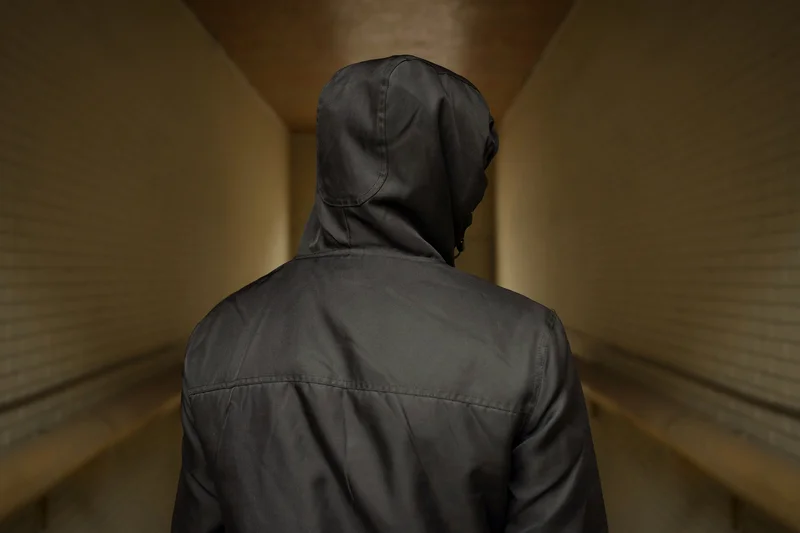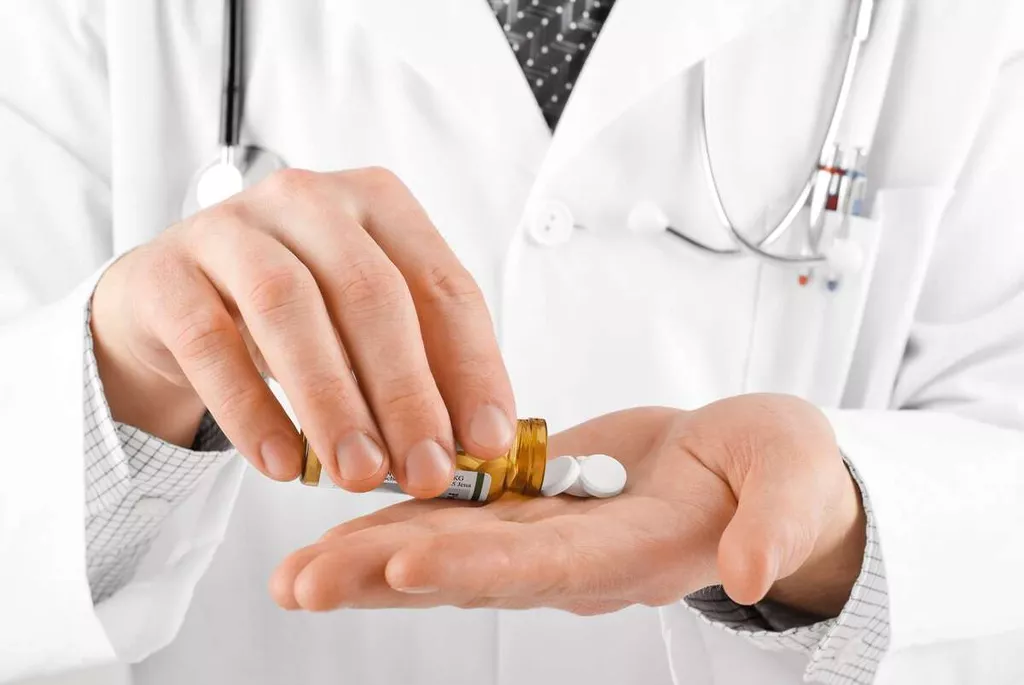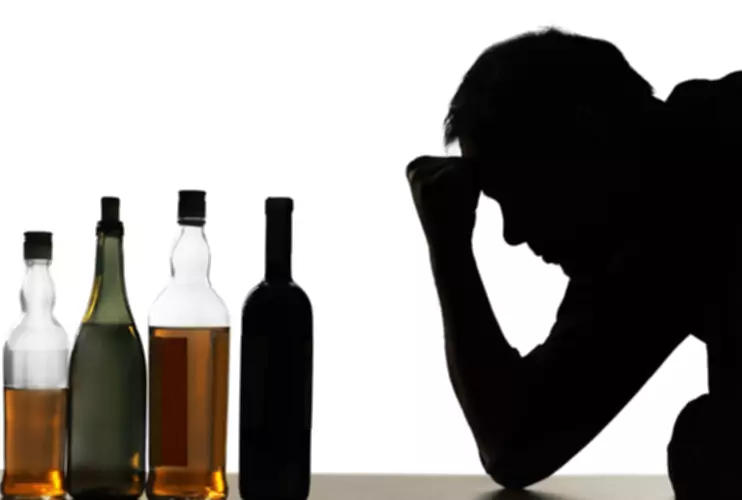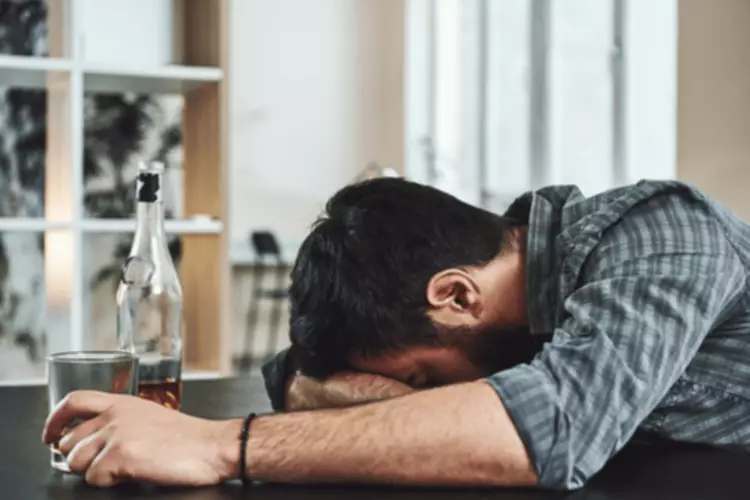
The higher the alcohol content, the more likely it is to dehydrate you. The study also found that a 4% ABV beer had the same hydrating qualities but took longer to achieve the same results. When alcohol is consumed, it increases the ratio of fluid to particles in the blood, which stimulates the kidneys to release more urine. Alcohol also suppresses the release of vasopressin, which further increases urine output. A study published in The Journal of Applied Physiology found that beverages with low alcohol concentrations have a negligible diuretic effect when consumed during exercise-induced dehydration. Because a beer — consumed slowly — is the least dehydrating, it’s easy to jump to the conclusion that liquor is always the most dehydrating alcohol.

Do light beers contain fewer fluids?
Yes, rehydration is one of the best ways to reduce hangover symptoms. Alcohol restricts blood vessel dilation and increases heart rate, which explains why drinking can cause arrhythmia and elevated blood pressure. Heavy drinking will cause dehydration, no matter what preventative strategies you are using.

Are there any health risks associated with using beer as a rehydration solution?
These are waters that have added electrolytes, such as sodium, potassium, calcium, and magnesium. They offer a convenient way to replenish electrolytes without the high sugar content of traditional sports drinks. They are often flavoured and can be a good option for those who find plain water boring. It is also suggested to stick with light-coloured drinks as dark liquors like whiskey and brandy contain high amounts of congeners, which can dehydrate you more quickly.
Why Do Alcohol Drinkers Prefer Kratom While Taking A Break From Drinking?
Alcohol — despite being a fluid — inhibits the release of vasopressin, an anti-diuretic hormone that rushes to our defense when our concentration of electrolytes rise above a certain level. Energy drinks are often high in caffeine and sugar, which stimulate increased urine production, cause fluid loss, and interfere with normal kidney function. Electrolytes, especially sodium and potassium, facilitate the movement of water into and out of cells.
Does Alcohol Dehydrate Skin?

Some of the most dehydrating drinks include sodas, fruit juices, sugar-sweetened drinks, caffeinated beverages, alcohol, and sports drinks. However, these beverages are typically laden with sugar and contain high concentrations of caffeine, which explains why consuming sports drinks can cause dehydration and weight gain. Drinking caffeinated beverages such as coffee, tea, sodas, energy drinks, and certain sports drinks won’t have a hydrating effect and may contribute to does wine dehydrate you dehydration. So, if you’re planning on drinking beer, especially after exercise, be sure to drink water as well to help prevent dehydration.
- Drinking one beer slowly will not increase your blood alcohol levels as much as drinking four beers in the same time frame.
- You might assume that any fluid intake should contribute to your hydration level.
- When you break your limits and consume more than the recommended amount, your body gets intoxicated, and you may experience serious health hazards.
- A sound 8 hours of sleep will do a lot of good for your dehydrated body.
- Continue reading the article to learn some interesting facts about why you should not rely on beer as a hydrating drink and how you can consume beer yet keep yourself hydrated.
Alcohol is a toxin to your body, so your liver metabolizes it to filter it out of your blood. If you’re drinking faster than your liver can process the alcohol, your BAC increases, and you may feel the effects of drunkenness or intoxication. In general, your liver can process about one alcoholic drink per hour.
One thing that will help you though is to drink a good amount of water before any night out to build up your hydration levels. And the NHS advise to also drink a pint or so of water before you go to sleep. This will help keep your body hydrated and replenish lost fluids while reducing any hangover effects. However, non-alcoholic fluids in beer can https://ecosoberhouse.com/ help lessen its dehydrating effects.

Alcohol’s interference with vasopressin signalling leads to increased urine production and fluid loss, contributing to dehydration. Additionally, the complex relationship between alcohol and vasopressin extends beyond dehydration, impacting alcohol tolerance, drinking behaviour, and stress responses. Further research is ongoing to fully understand the multifaceted relationship between vasopressin and alcohol, with potential therapeutic implications for alcohol-related disorders. While a single pint of beer won’t dehydrate you, drinking too much beer in one sitting may cause dehydration. Beer is a diuretic, which means it makes you urinate more frequently, causing you to lose water and affecting your fluid balance. Losing more fluid than you take in can deplete your electrolyte levels, leading to alcoholism dehydration.
Does the temperature of the alcohol you’re drinking affect hydration levels?
- It is recommended to carry a reusable water bottle and choose water over sugary drinks, especially when eating out.
- Before your night out, make sure you have a good meal with plenty of carbs, such as rice, pasta, or potato.
- This means that drinking beer can dehydrate you, but you should drink it in moderation.
- Our daily research-backed readings teach you the neuroscience of alcohol, and our in-app Toolkit provides the resources and activities you need to navigate each challenge.
The amount of water needed each day varies from person to person, depending on age, sex, pregnancy status, activity levels, and breastfeeding status. According to the Academy of Nutrition and Dietetics, the average recommended daily intake of water for women is 2.7 liters or 11.5 cups, while men should aim for 3.6 liters or 15.5 cups. Children should drink a minimum of 1 liter or 5 to 11 cups, depending on their age. These values are higher than the current average water intake in the US.
 @tms1987
@tms1987
 02-639-4222
02-639-4222


